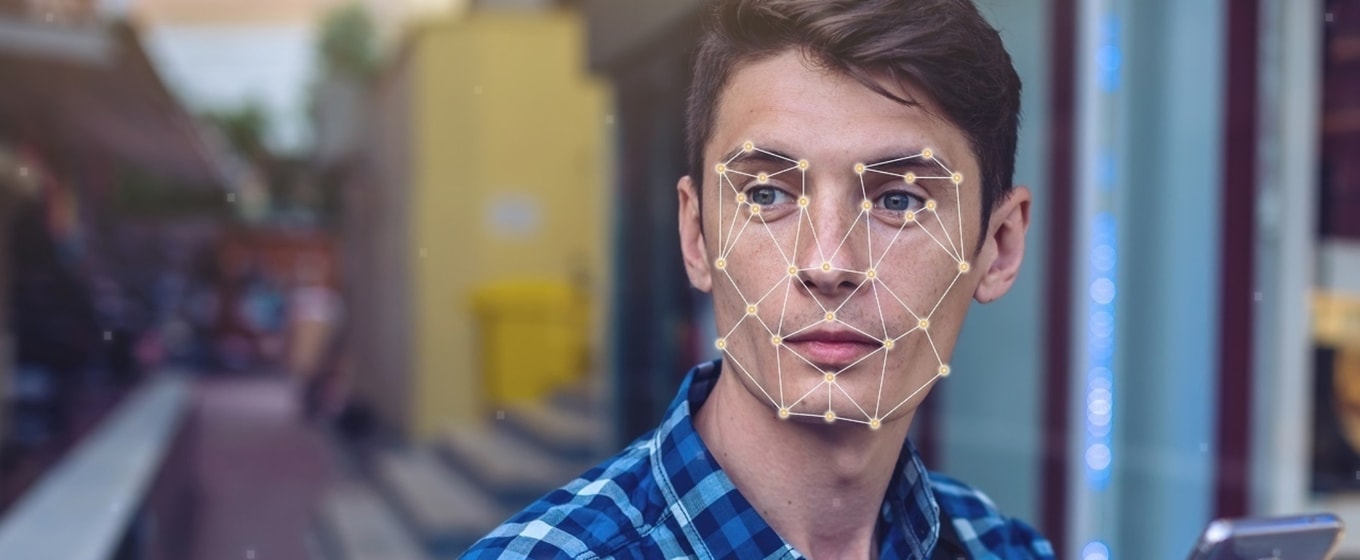As consumers, we accept that verifying who we are is part and parcel of most registration processes. This applies to many aspects of our lives, such as buying a house, applying for a new job or setting up an online profile. The bit we don’t like is that carrying out these checks is often arduous and somewhat inconvenient.
But if identity checks are laborious and time-consuming for the applicant, how must they affect the businesses that have to verify the identity of each new customer or client?
Often, a standard ID verification will include the applicant scanning in a copy of their passport or driving licence and either sending it to the office or providing it in person. This can be inconvenient for the applicant whilst also delaying transactions for the supplier.
In comes facial recognition technology, which allows a customer to verify their identity in quick, simple steps without having to go out of their way, and without causing any delays. Clients can prove their identity on the spot, often just by using their smartphone.
Who can use the technology?
Although we often associate facial recognition with unlocking a smartphone or making it through passport control at the airport, the technology can be used by any business that needs to verify a person’s identity.
If you take into account those that need to comply with government-required checks such as ‘anti-money laundering’ and ‘know your customer’, then the application of facial recognition crosses a lot of sectors. With this in mind, property agents, accountants, legal firms, recruiters, construction contractors, vehicle rental firms, dating agencies, gambling sites and cryptocurrency providers could all benefit from facial recognition technology.
If, for example, you are a recruitment agent that has hundreds of new candidates each week, every new applicant will need to provide you with identity documents that prove they are eligible to work in the UK. When we consider that each document is scanned at home, sent by email or post and then manually verified, there is a great deal of time, resource and energy to be saved by implementing technology that will streamline this entire process.
What are the benefits for SMEs?
Whether it’s a regulatory requirement or a customer service enhancement, facial recognition technology is something you’ll probably need to think about in the near future. And there are some real benefits to consider when using it within your business:
1. Saving time and resources
One of the major benefits of using facial recognition technology to complete your identity checks is that you can save time. A recent survey conducted by Credas and OnePoll revealed that property agents spend, on average, four days per month verifying customer identity.
If technology can free up this valuable business time, those labour hours could help you stay ahead of competitors and generate new business. It will also make verification quicker and more convenient for customers, resulting in a much smoother customer experience.
2. Better security
Making the switch to digital identity verification also serves the benefit of removing the dangers of human error. Advancements in technology now mean that we can take the risk out of our business processes and rely on consistently accurate software.
Another security benefit is that all data is securely stored in the Cloud, and not in a filing cabinet in the corner of an office. Digitally storing customer data, such as photo ID and personal details, means there is less chance of misplacing valuable information with no space wasted. It's also a far more environmentally-friendly choice than printing.
Storing any customer data in the Cloud will omit the chance of sensitive or personal information being left lying around the office, and access to customer details is limited to those that are given express permission to log in.
3. Safety and compliance
Many SMEs will be required to comply with government legislation when it comes to verifying identity. With Brexit fast approaching there is growing uncertainty around how much more stringent our identity checks will need to be.
With a reported increase in both modern slavery and money laundering in the UK, it is very important that SME identity checks are accurate and carried out to the letter. Common requirements already include Anti-Money Laundering (AML), Know Your Customer (KYC), Right to Work (RTW) and Right to Rent (RTR) checks, which can all be investigated by regulatory bodies such as HMRC.
Should your checks not be deemed as thorough as they could be, a failed investigation can result in a serious fine and reputational damage. According to a study conducted by Credas and Onepoll in March 2018, businesses have reported penalty fines of up to £50,000 for AML non-compliance. Ensuring that your checks are up to standard could be make or break for your business, as a substantial fine could significantly impact finances and growth.
Using facial recognition technology to verify your customers ensures that the business is always compliant, and that you will be prepared well in advance should an unexpected investigation take place.
About the Author
Rhys David is the CEO of Credas - the facial recognition technology platform that provides a simple and secure way of verifying identity in real-time. Credas technology verifies over 4,000 types of ID, integrates with existing CRM systems and is the only provider to read Near Field Communication (NFC) chips, ensuring 100% verification accuracy.






These cookies are set by a range of social media services that we have added to the site to enable you to share our content with your friends and networks. They are capable of tracking your browser across other sites and building up a profile of your interests. This may impact the content and messages you see on other websites you visit.
If you do not allow these cookies you may not be able to use or see these sharing tools.